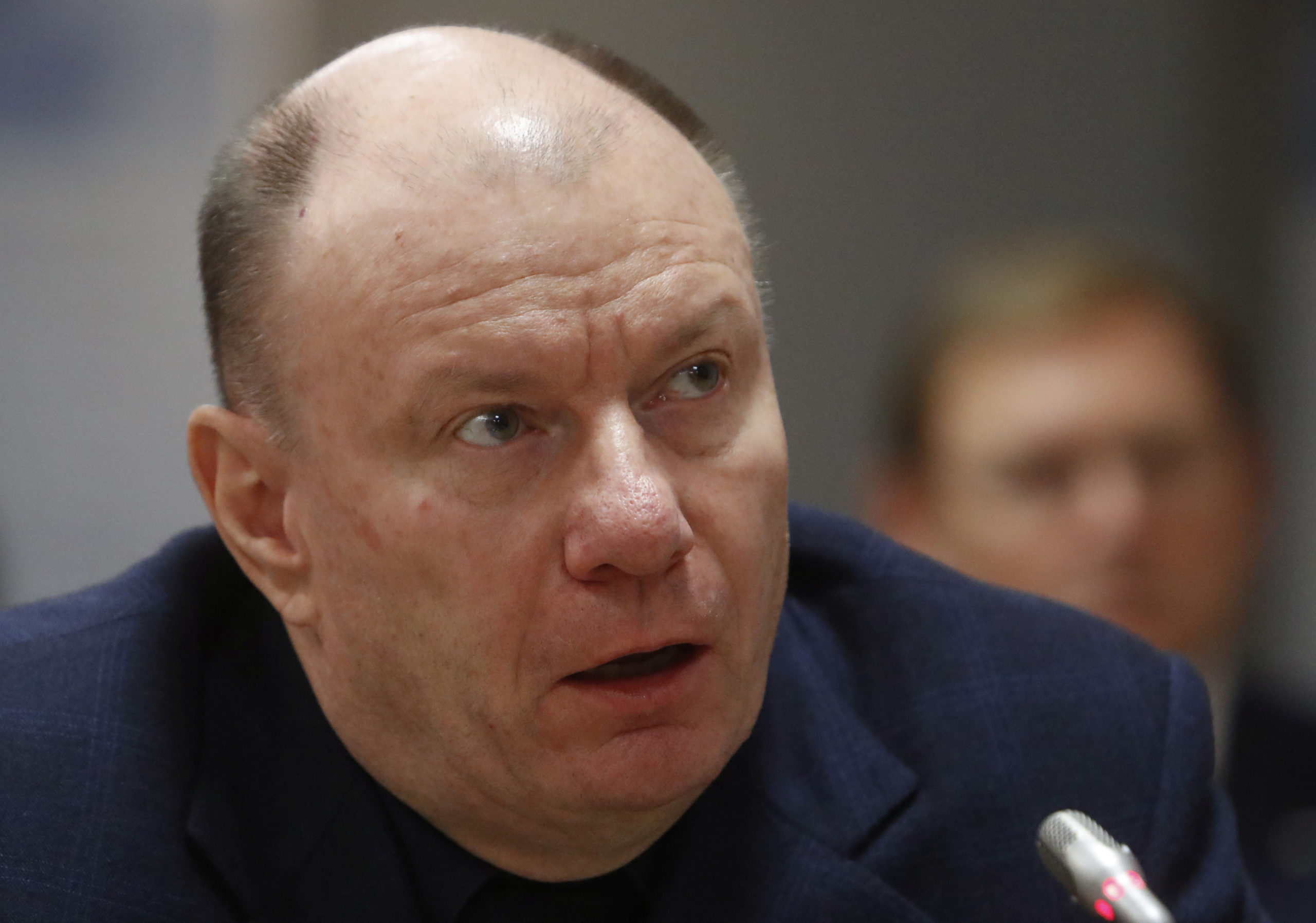Russia’s Nornickel no longer needs shareholder agreement, says co-owner
Vladimir Potanin, the company's largest shareholder, said deal over dividend payouts has run its course. The move comes as Nornickel is responding to fallout from a massive Arctic fuel spill.

MOSCOW — An eight-year-old shareholder agreement signed by Russian mining giant Norilsk Nickel’s major owners has become a relic of the past which the $44 billion miner does not need, Vladimir Potanin, its largest shareholder, told Reuters.
Potanin’s Interros holding, aluminium producer Rusal and some other stakeholders signed the agreement on dividend payouts to end a previous four-year conflict over the size of dividend payments, Nornickel’s strategy and management.
[Russia’s Nornickel draws up ecological targets for bosses after Arctic fuel spill]
Potanin said it had now run its course.
“Maintaining this ‘superstructure’ will put even more pressure on Nornickel with the aim of extracting maximum dividends from it, regardless of the economic and social situation around the company,” Potanin said in his strongest public comment on the agreement.
The deal expires on Jan. 1, 2023, with a question over whether it will be extended or suspended.
“We believe that dividends should not be reduced, but left in Russia and should be directed towards the development of the Russian economy, as Rusal does, for example,” Rusal said in a statement.
[Russian Indigenous groups ask Elon Musk not to buy battery metals from Nornickel]
Rusal, which bought the stake in Nornickel for $14 billion in 2008, last paid dividends in 2017 when it distributed $300 million to shareholders.
The agreement gave Nornickel’s shareholders additional tools to control the company, including a veto for major stakeholders on certain deals and financial control, as well as installing Potanin as a managing partner.
Potanin told Reuters in an emailed statement that these extra tools were not needed for Nornickel’s further development and modernisation, adding that business efficiency and corporate governance had improved since 2012.
He did not say whether he was ready to step away from his role as the managing partner.
Nornickel’s market value has risen by 50 percent since 2012.
However, the company has been hit by lower demand for commodities this year due to COVID-19, which led some of its peers to reduce dividends, and a big fuel spill at an Arctic power plant in late May.
[After a massive Arctic fuel leak, Putin signs a law requiring firms to be ready for oil spills]
After the spill, Potanin, who owns a stake of 34.5 percent, proposed capping the company’s final 2020 dividend at $1 billion, while Rusal, which relies on dividends from its 27.8 percent stake in Nornickel, called for a management overhaul.
“Today, the vision of Interros and Rusal regarding the principles of governance in Nornickel is fundamentally different,” Potanin said.